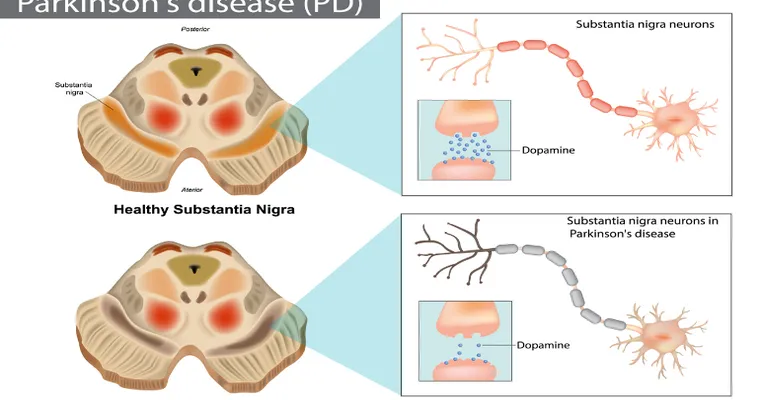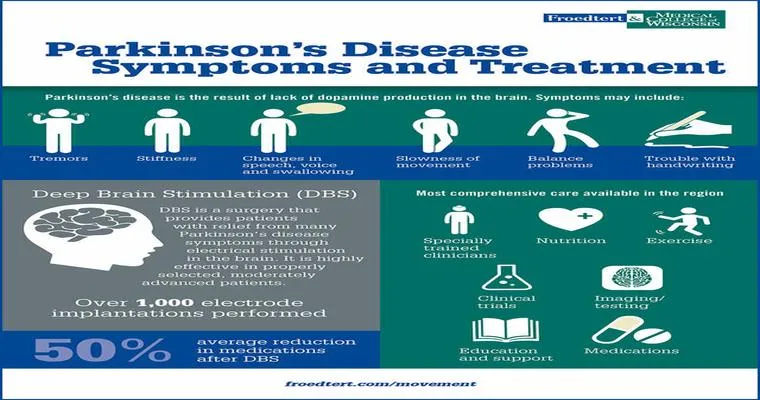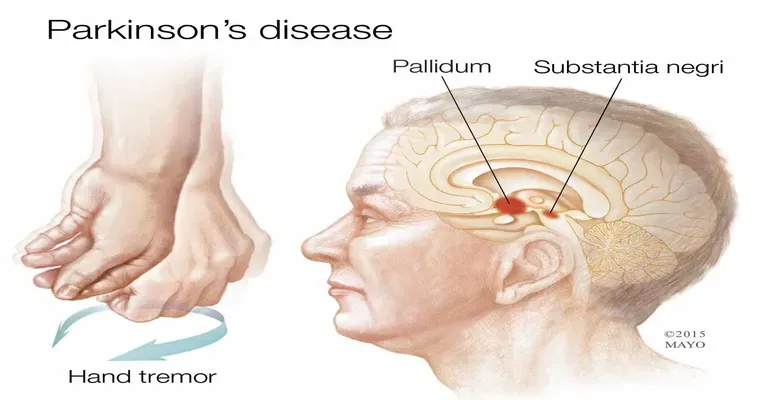Parkinson’s Disease is a progressive neurological disorder that primarily affects movement. Understanding the "stages of Parkinson's Disease" is crucial for patients, caregivers, and healthcare professionals alike. The condition typically progresses through five distinct "stages", each characterized by specific symptoms and challenges. This article will explore these stages to help you gain a better understanding of the disease and its impact on daily life.
Stage 1: Mild Symptoms
In the "first stage" of Parkinson’s Disease, individuals may experience mild symptoms that often go unnoticed. These symptoms may include slight tremors, changes in posture, or a decrease in facial expressions. At this stage, daily activities are generally unaffected, and the person can maintain their independence. However, they may start to notice subtle changes in their motor skills and overall routine.
Stage 2: Worsening Symptoms
As the disease progresses to "stage two", symptoms become more pronounced. Tremors and rigidity may increase, leading to difficulty with balance and coordination. Daily tasks such as dressing and grooming may take longer and require more effort. While individuals in this stage can still live independently, they may start to need assistance with certain activities. Emotional changes, including anxiety and depression, may also become more evident.
Stage 3: Significant Disability
"Stage three" is often considered the mid-point of Parkinson’s Disease. At this stage, the symptoms significantly impair daily functioning. Balance issues become more common, increasing the risk of falls. Individuals may experience a noticeable slowing of movements, referred to as bradykinesia. While many can still live independently, assistance is often required for daily activities, and social interactions may decline due to the challenges posed by the disease.
Stage 4: Advanced Symptoms
In "stage four", individuals experience severe symptoms that greatly impact their quality of life. Mobility becomes significantly impaired, and many individuals may require a walker or wheelchair for assistance. Daily activities may become impossible without help, and the risk of falls increases dramatically. Emotional and cognitive changes may also intensify, leading to further challenges in social interaction and mental health.
Stage 5: Complete Dependence
The final stage, "stage five", is characterized by complete dependence on caregivers for daily activities. Individuals may be unable to stand or walk without assistance, and they may experience severe cognitive decline. At this stage, round-the-clock care is typically necessary. It is essential for caregivers to provide not only physical support but also emotional and mental encouragement to enhance the quality of life for those affected.
Conclusion
Understanding the "stages of Parkinson’s Disease" is essential for effective management and support for those affected. Early diagnosis and intervention can significantly impact the progression of the disease and the quality of life for individuals and their families. If you or someone you know is experiencing symptoms of Parkinson’s Disease, it is important to seek medical advice and explore treatment options that can help manage the condition effectively.





